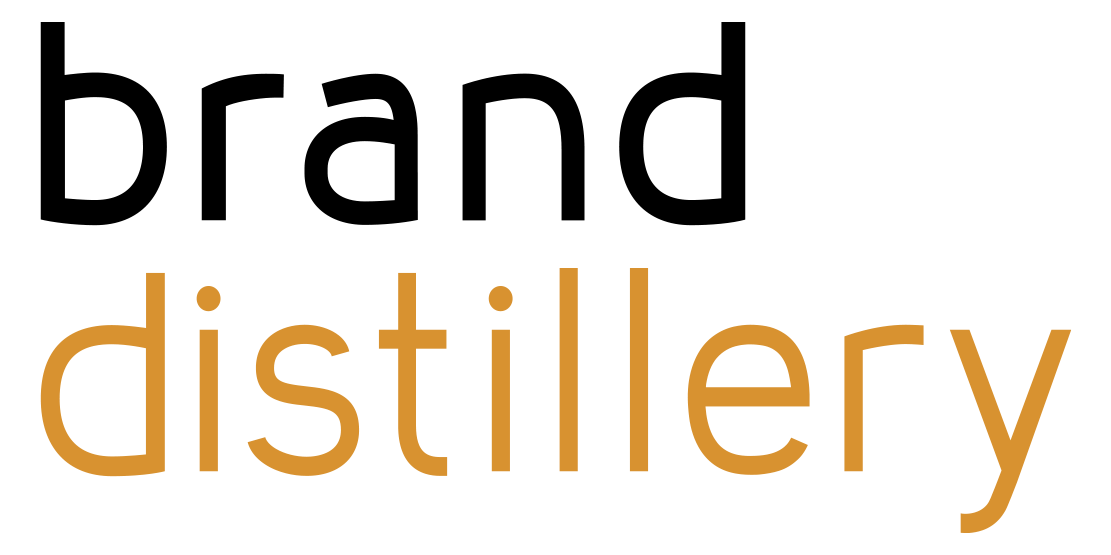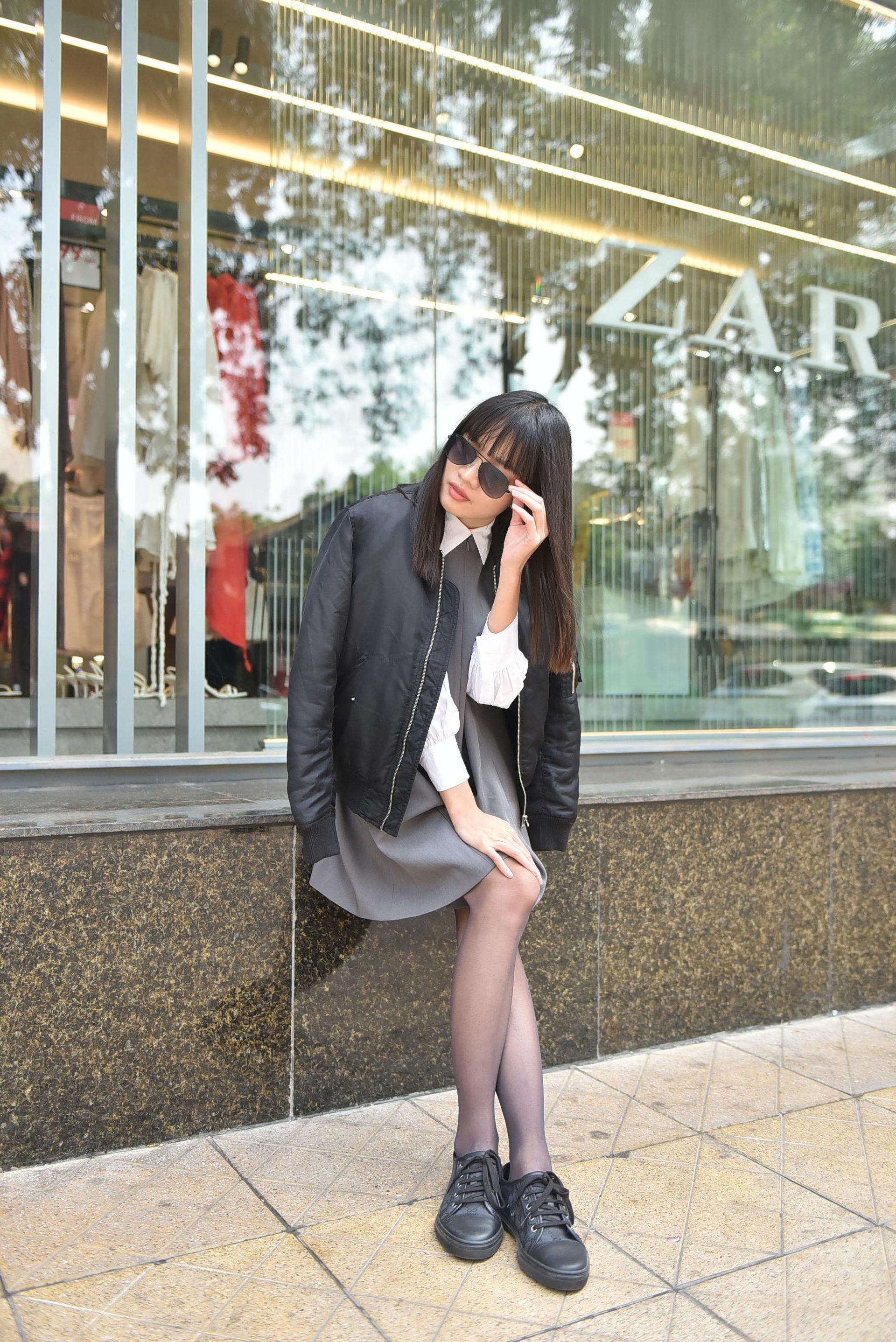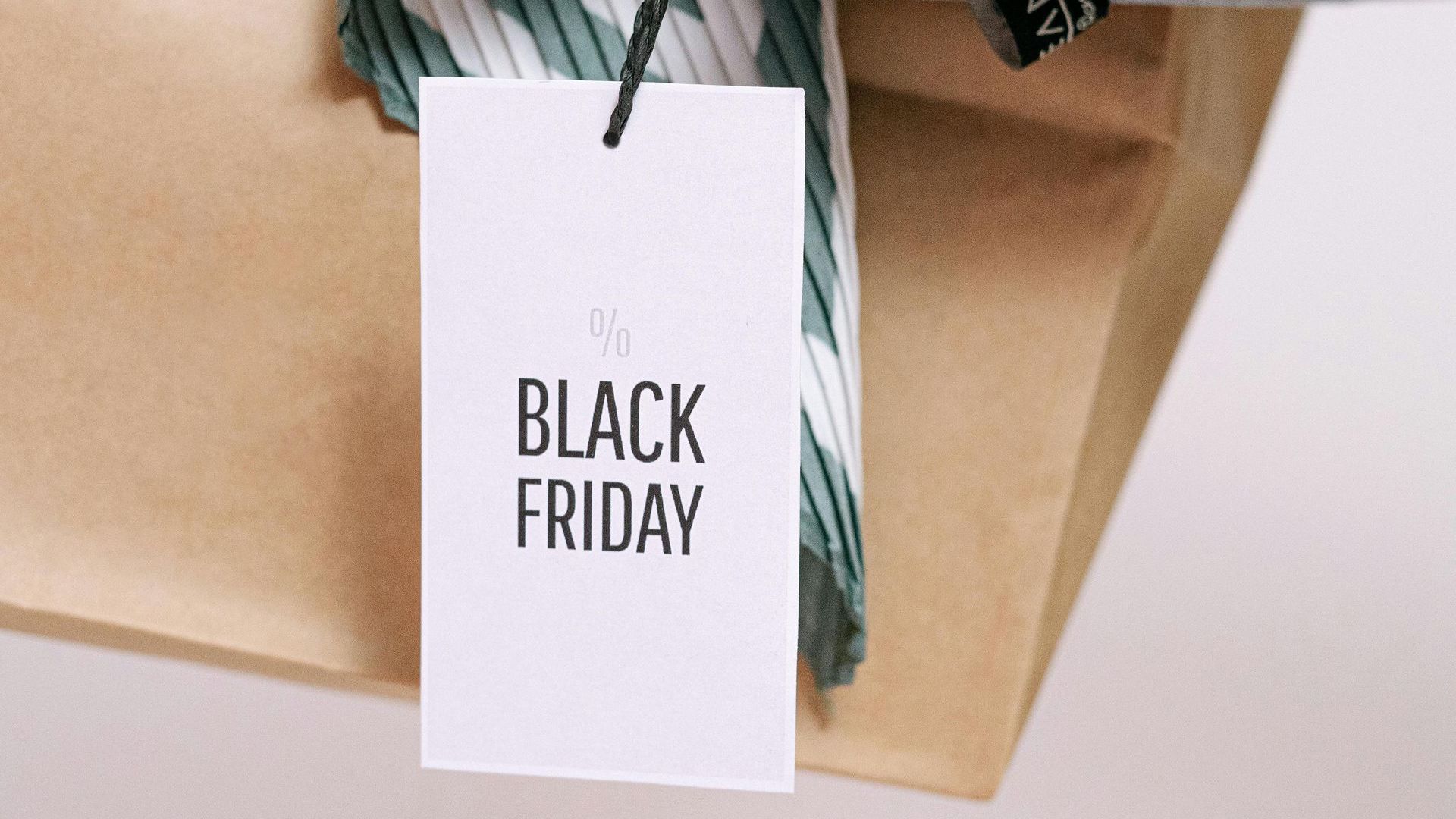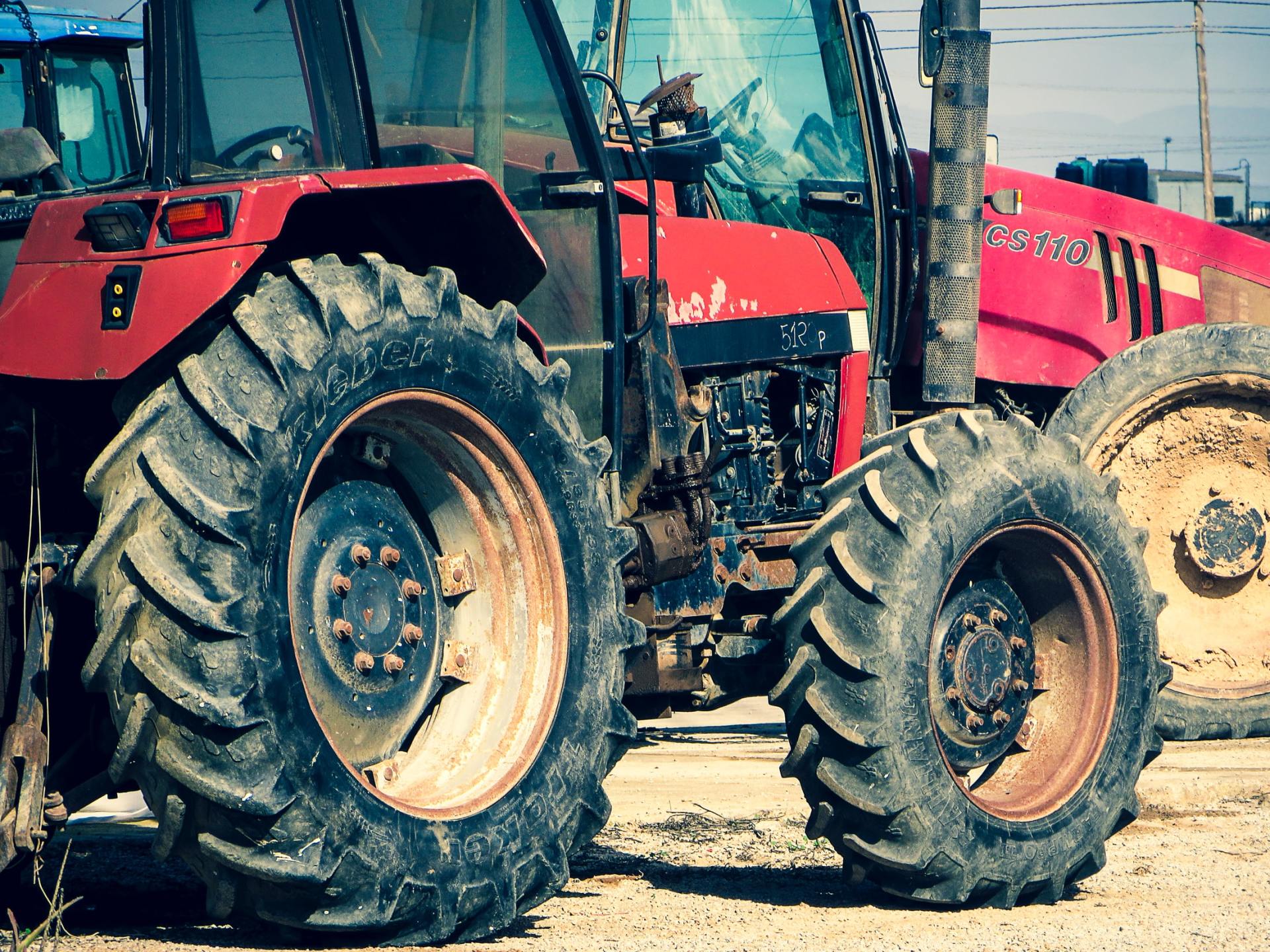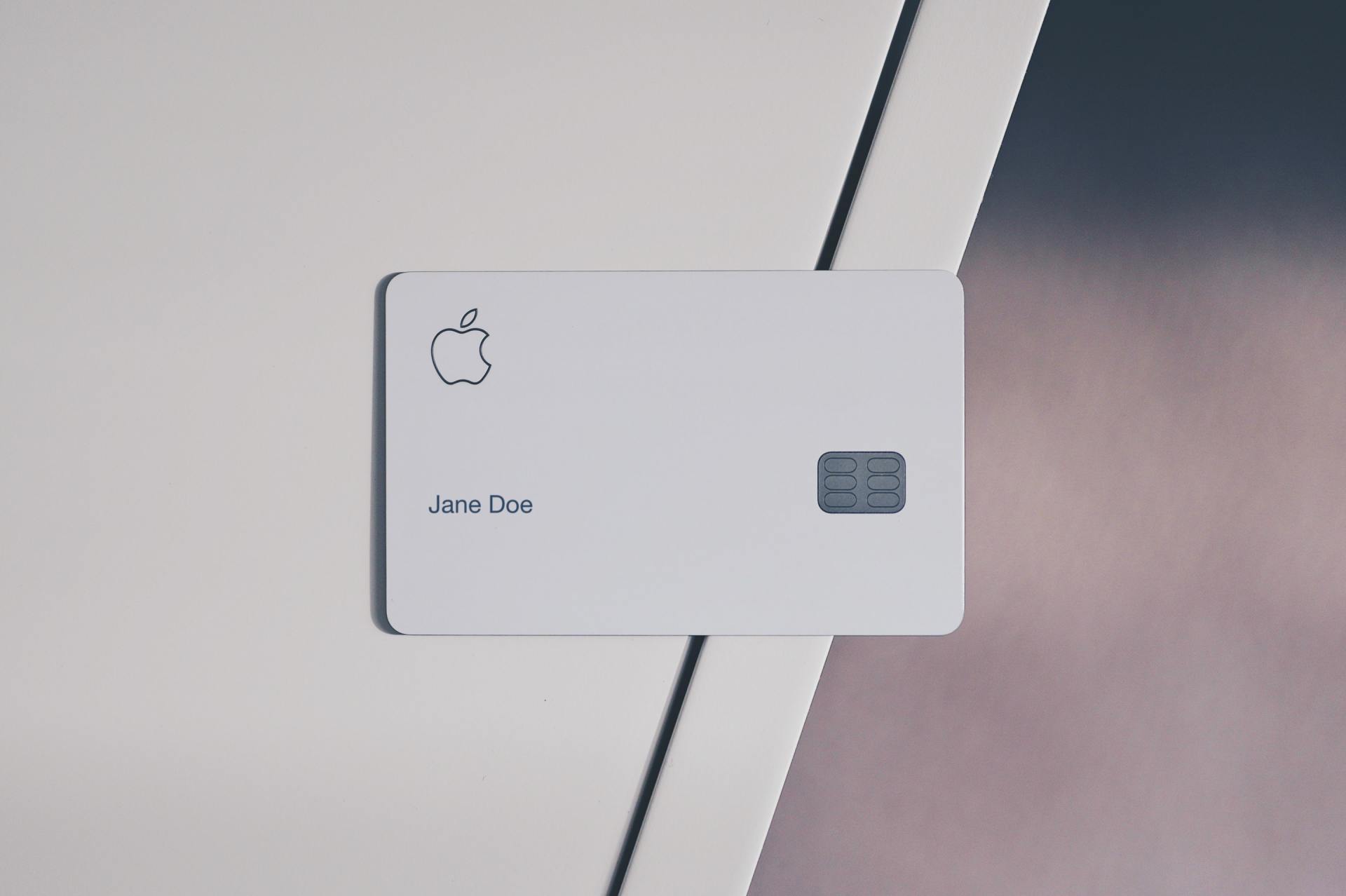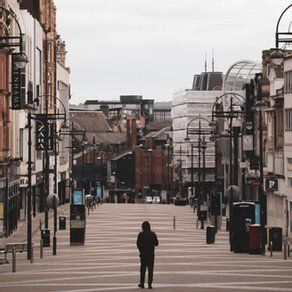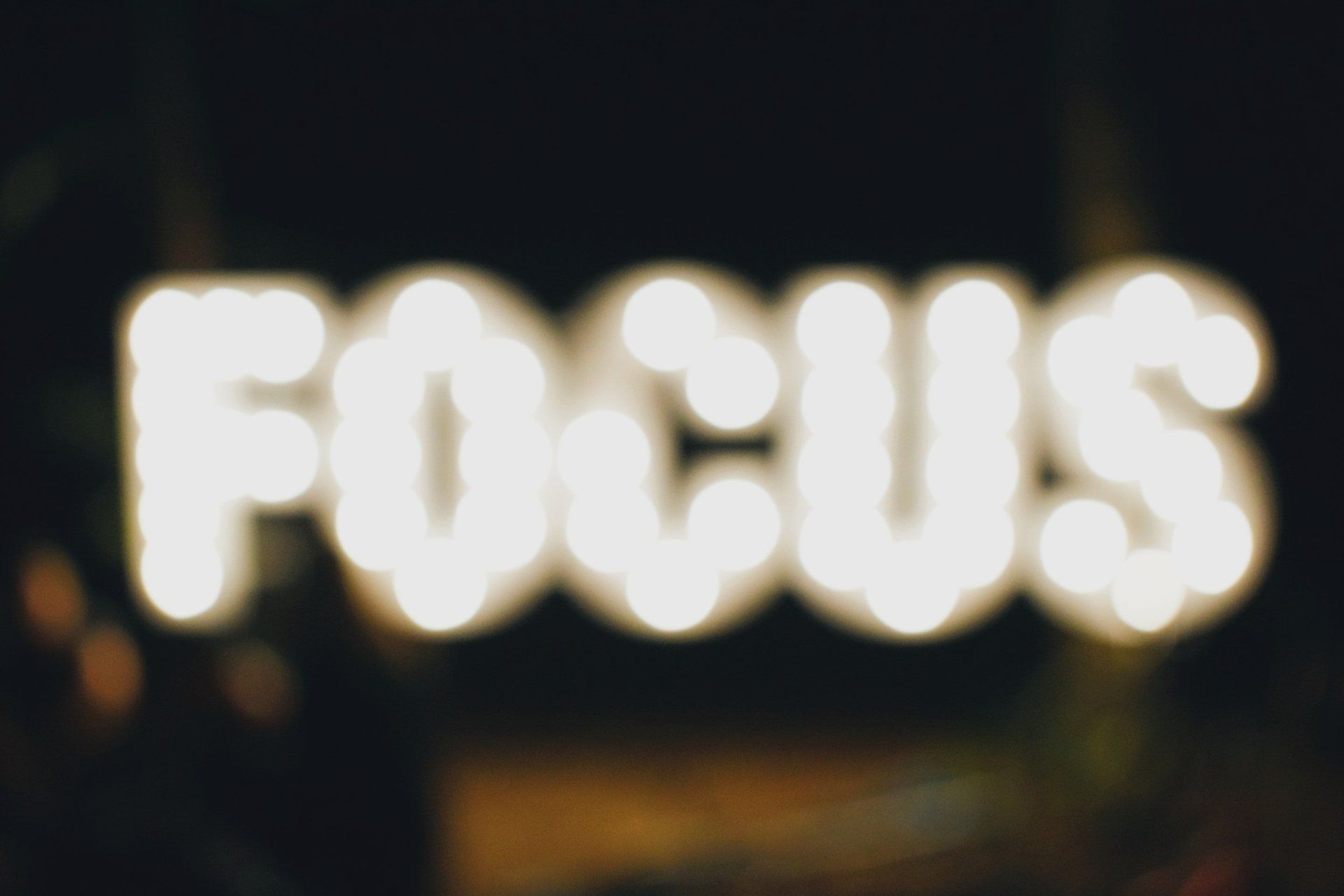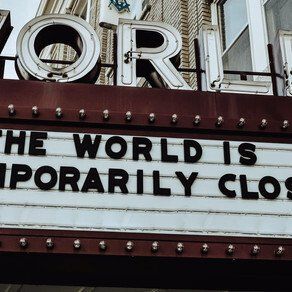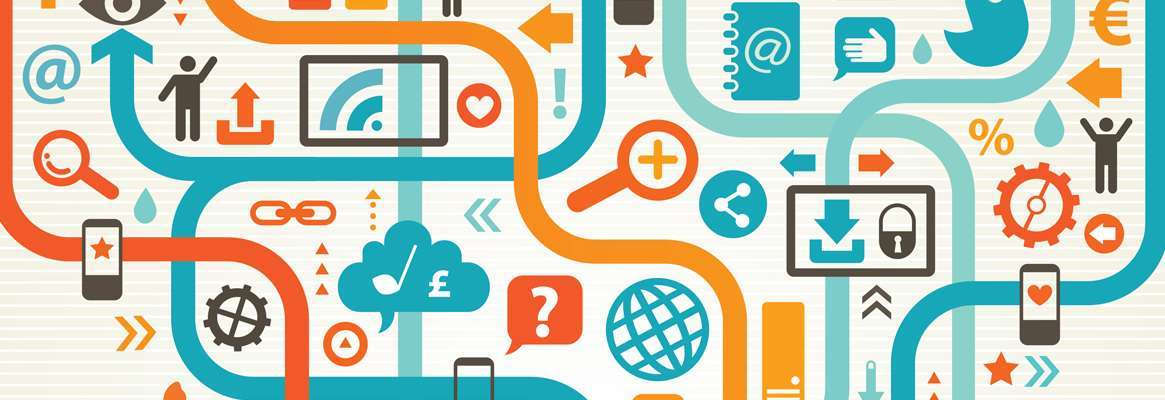WHAT SHOULD YOU BE DOING TO EMBRACE NEW CONSUMER HABITS?
On 23 March 2020 the UK changed forever, our daily habits stopped overnight, the daily visit to Starbucks, the after-work pub visit to meet pals, the weekly ‘big’ shop. Some habits will return quickly but which remain changed for the long-term? How will brands re-engage and entice consumers to re-start these old habits or continue more interestingly with new habits.
To make the point we have been shown in past research that there is a gulf between those intending to exercise and those actually doing it. Most people you ask will tell you that exercise is good for them and they would like to do more, yet global studies continue to show that merely 36% to 55% of people never convert their intention into any form of action. Yet lockdown has now given us only one reason to leave our homes and that’s to exercise, will this change the intention to action percentages?
Other research identified gaps for people to wash their hands before eating; one study found that whilst the majority of people acknowledge it's important to do this, barely 20% actually did, but the messaging around the Corona virus has forced a change in habit driven by a desire to stay healthy, will this change long-term behaviour for the better.
We accept that to change behaviour once is not too difficult but to change for good is much harder, the biggest problem is always how to make new habits stick.
Phillippa Lally is a health psychology researcher at University College London. In a study published in the European Journal of Social Psychology, Lally and her research team decided to figure out just how long it actually takes to form a habit.
The study examined the habits of 96 people over a 12-week period. Each person chose one new habit for the 12 weeks and reported each day on whether or not they did their chosen habit and how automatic it felt. In a similar way to the way we find ourselves in Lockdown some people made simple changes like “drinking a bottle of water with lunch.” Others chose more challenging tasks like “running for 15 minutes before dinner.” At the end of the study the researchers analysed the data to determine how long it took each person to go from starting a new habit to automatically doing it.
The answer? They found the average, to be more than 2 months before a new behaviour or habit becomes automatic — 66 days to be exact. Which leads interestingly onto how peoples behaviour will have changed after approximately 50 days of lockdown and those forced habits of change.
Which is why the lockdown presents such an interesting challenge for society and brands alike, we have all entered the biggest social experiment we have ever known or will ever know. What percentage of the UK population will reset their defaults and reconsider their choices or simply choose not to return to them?
We have overnight adopted new routines for eating, exercising, home-schooling/ working, socialising and shopping. Whilst for many the novelty is wearing thin, it’s interesting to speculate which of these new habits will stick and which of our old habits we will rush back to. Countless brands are trying to work this out collectively, such as coffee shops, gyms and pubs where habits are the cornerstone of their businesses, where routines drive engagement with brands.
We have seen farm shops experience huge uplifts in business, will consumers continue to embrace ‘local’ after the lockdown has ended, will they put community before the faceless global brands, will their newfound loyalty see them consider brands from a different perspective.
Will they continue to enjoy the great outdoors for exercise rather than the sanitised wipe downs of the gym, although this may well be driven by other factors such as the weather rather than a rush to return to old habits.
Home-working and video-meetings are here to stay particularly as more businesses embrace platforms such as Teams, in Germany they are following the Netherlands and enshrining in law the rights of a worker to choose to work from home. But how this ripples through the wider economy affecting commercial offices, transport and supporting businesses of towns and cities will be interesting, who will and can choose to develop new business models? To adopt this new way of working and consumer thinking.
How can businesses use the opportunity?
Businesses that were thought to be consigned to the scrap heap, have suddenly become fashionable again. There was a time when the milkman delivered milk along with many essentials such as bread, orange juice, veg however we changed our habits to focus on the weekly ‘big shop’ as supermarkets catered for our every need. Now we are going full circle and supporting local deliveries from butchers to bakers, from farm shops to restaurants, these businesses used to be on the fringe now they are the focus.
How will brands resonate with consumers as they seek to re-engage, how can local brands maintain this position as we return to ‘normal’, it’s inevitable that lots of consumers will simply return to deep-rooted habits but if these local brands adopt clear communications they might just have a chance to retain these new customers. Although I suspect as we loosen the lockdown consumer behaviour will once again be driven by price and convenience. That is the biggest challenge for these newly engaged brands.
Will national/ international brands seek out and support local brands, can they capitalise as traditional routes to market have been disrupted, working together to offer the consumer a new choice. Will supermarkets seek more local produce to strengthen supply chains, in recognition of the consumers newfound affinity with local.
I certainly hope we can continue to embrace these new habits and changes. A friend whose café closed in lockdown now offers home delivery of freshly baked scones and who doesn’t need that to continue in their lives. Could these local businesses combine to offer a range of local produce delivered to the door?
Businesses like pubs and coffee shops need to find a way of reconnecting with lost customers, this is different to recovering trade lost to competitors, it’s about restoring the complete habit again. As consumers have adopted new habits will they so easily give up their new ‘wallets’ as they have found alternatives to gyms, pubs and cinemas, some will have to reignite the experience, to educate consumers on breaking ‘new’ habits.
The answers may lie in behavioural science, applying insights into how habits form and how they can be changed but also the insight from the vast pools of data brands and businesses hold from before the new norm.
Combining insight, we have gained from observing changing consumer patterns and the vast knowledge we have gathered from historical and current data we can capitalise on these changes or if necessary, adopt new strategies to reform the habits held by customers.
It’s true that brands will have to look at their existing strategies, but these changes in consumer habits should be an opportunity for brands to re-engage and tell a new story. Whatever awaits business after the lockdown, combining insights from behavioural science, brand creative and data will help them return to whatever the new normal is.
Simply asking how your customers will behave after lockdown is challenge enough, using these principles, tools and insight will remove some of the uncertainty.
Behavioural science, in its simplest form, is the study of human and animal behaviour.
Behavioural scientists Bas Verplanken and Henrik Aarts define habits as 'a learned sequence of acts that have become automatic, unconscious responses to specific cues or triggers around us'

